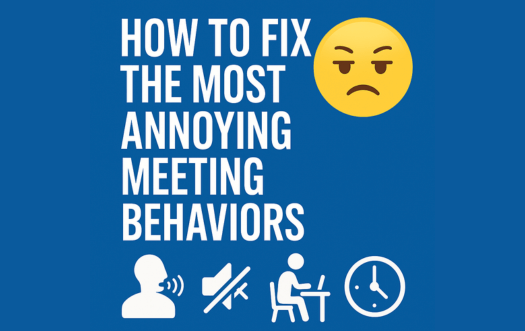 If you’re a leader, then you are going to encounter people who are going to offer to give you stuff. This could range from a special deal to strategic advice.
If you’re a leader, then you are going to encounter people who are going to offer to give you stuff. This could range from a special deal to strategic advice.
As we near the end of the hurricane season, I’m reminded of my days of helping with hurricane relief efforts. During a two year period, America was hit by several storms, including Hurricane Katrina.
On our TV sets, we were transporting to those who were hurting and many felt they had to do something to help. Some started collection drives for those who had lost everything.
While the idea was a thoughtful one, having a first hand chance to see it executed changed my opinion. Why? Because most people used it as an excuse to give away their trash.
I don’t think they thought that they were passing on their junk. Some may have felt that those who had lost everything, needed a stained wedding dress, t-shirts with obscene slogans, and mismatched pairs of shoes. Yes, I saw all of these things and none of them went to the hurricane victims.
People overvalued the clothes (especially those they no longer wear) in their closets. It would have been better to have given a $5 or $10 gift card to a major department store.
Before accepting “help” from outsiders, consider these tips:
Solve a Problem
Will the offer solve a problem or create one? Think of a software upgrade. It may improve some things but will it still support your existing programs and emails?
Are You Ready
We often think of change happening at a measured rate but that’s rarely the case. Things can go from small to huge very quickly.
Let’s say your favorite ice cream parlor decided to give away free ice cream for a day. The turnout would likely be much higher than an ordinary day. Did you make sure that you had enough ice cream and could handle the larger crowds? Is there a chance that the giveaway might keep some of your loyal customers from coming in?
Got Staff?
In the ice cream example and many other situations, you need to make sure that your current staffing levels can accommodate the new practice or process. Often the person who agrees to the upgrade has no idea about the answer.
When the orders to implement are passed down, they are not perceived as optional by managers. They tell their staff to add it to their plate of other duties. Despite their efforts, something either doesn’t get done or is now done poorly as a result of the increased workload.
Bottom Line
Not all offers of help will help you.






